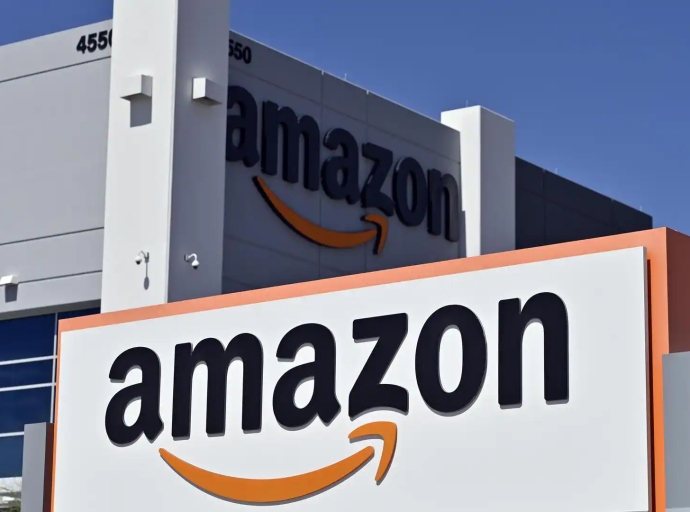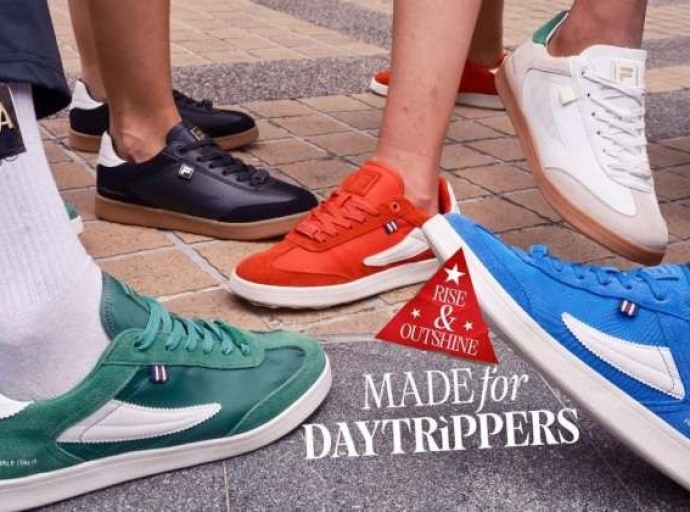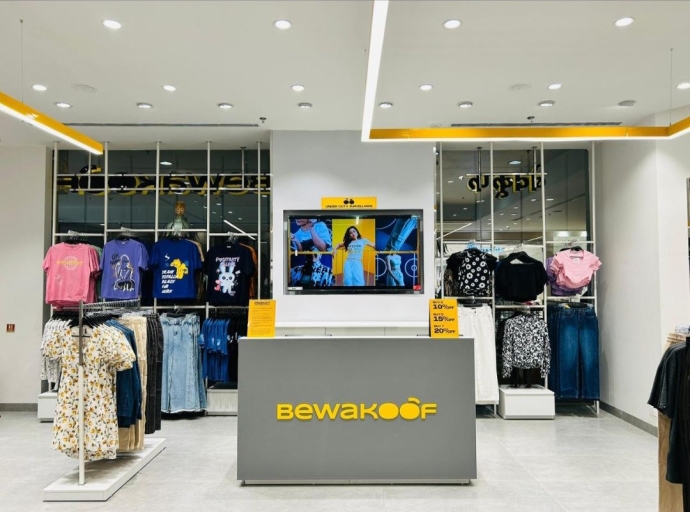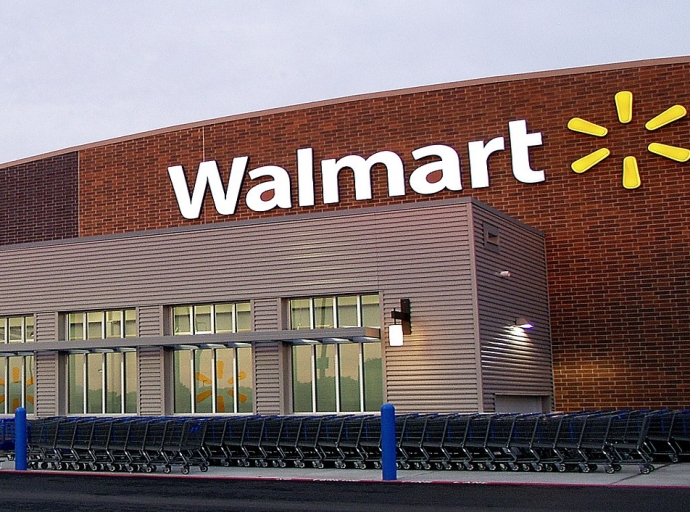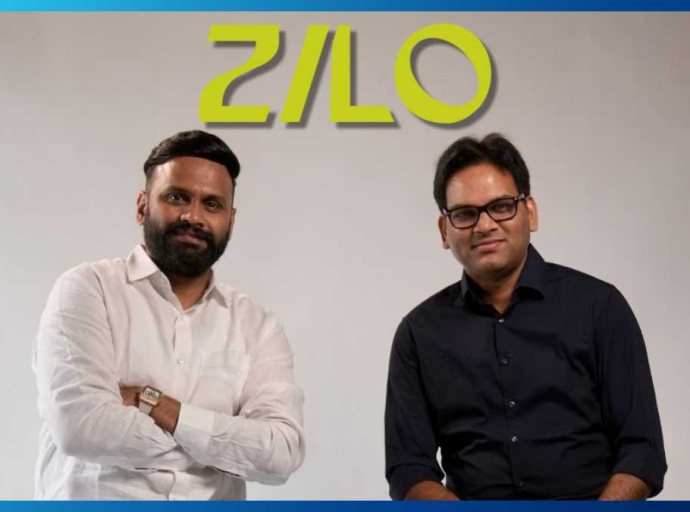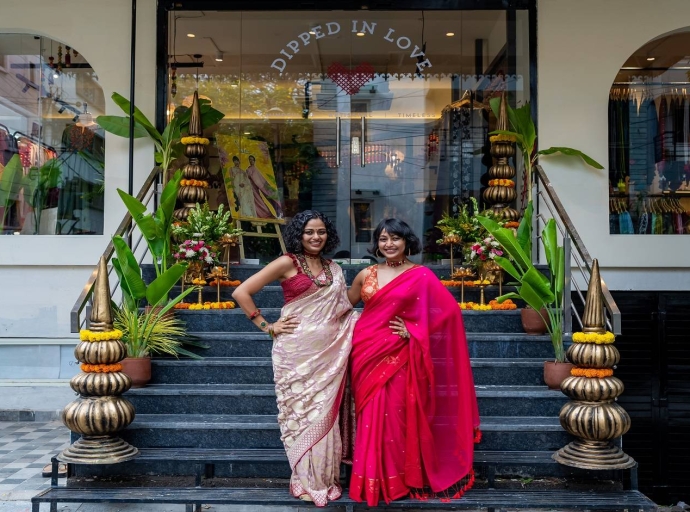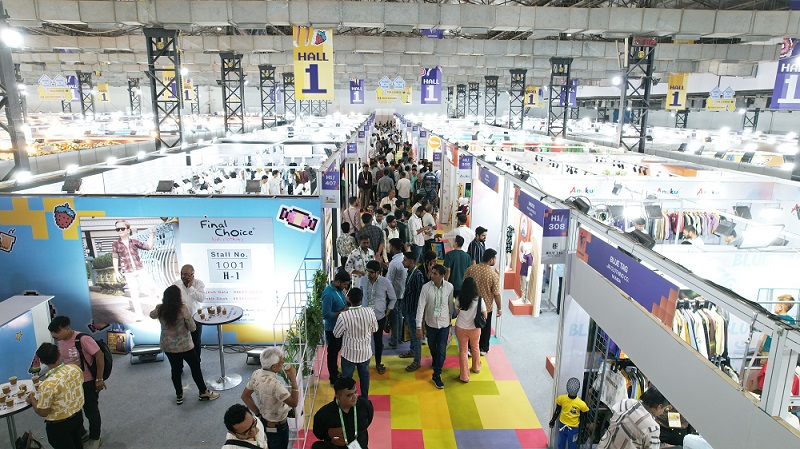27 June, Mumbai 2025
India is no longer a sidebar in the global luxury conversation—it is the stage itself. A shift is underway. Once seen as a future opportunity, the country is now at a clear inflection point, rapidly becoming a strategic imperative for high-end brands from fashion and fragrance to tech and tableware.
This isn't merely about growth—it's about transformation. Global luxury players, facing slowing sales in traditional markets like China, are looking toward India with renewed urgency. But India’s moment in the spotlight is not just the result of external forces. Its rise is deeply rooted in its economic dynamism, youthful affluence, and evolving consumer sophistication.
DFU Profile
The magnetic pull, why India now?
Economic growth and wealth creation: India is expected to be the fastest-growing major economy, with a projected 8 per cent GDP CAGR from 2022 to 2027, outpacing even China. As per Kearney, rising affluence is reshaping consumption, and the number of dollar millionaires is expected to reach 1.5 million by 2027. This growing affluent class provides a fertile ground for luxury consumption.
Demographic edge: With a median age of 28.2, India’s young, brand-curious population is aspirational, global-minded, and increasingly discerning. According to INSEAD Knowledge and Jing Daily, this generation values experiential luxury, craftsmanship, and sustainability—moving beyond logo-chasing.
Fashion Guru
Premiumization and domestic demand: Luxury is no longer confined to the ultra-rich. India’s growing “mass affluent” class is actively engaging with entry-level luxury, gradually transitioning to higher tiers. As Pushpa Bector of DLF Retail notes, the shift from international to local luxury consumption signifies a maturing domestic market with developed retail experiences.
Retail evolution: World-class retail environments are enabling this transformation. Worldmark Aerocity (Delhi), Palladium (Mumbai), and luxury spaces in Bengaluru and Hyderabad are inviting global brands to set up shop, literally.
Luxury goes digital: The rise of platforms like Tata Cliq Luxury and Ajio Luxe has democratized access to luxury across India’s Tier II, III cities. These platforms cater to a digitally native audience, widening the reach of global brands.
Rapid acceleration: Numbers don’t lie
India’s luxury market is no longer in incubation—it’s scaling fast.
Join our group
Table: India luxury market an overview
|
Source
|
Market type
|
Current size (year)
|
Projected size (year)
|
CAGR /growth rate
|
|
Kearney
|
Overall Luxury Market
|
$7.74 bn (2023)
|
$12 bn (2028)
|
Outpacing many established markets
|
|
Bain & Company
|
Overall Luxury Market
|
-
|
$85 bn (2030)
|
-
|
|
IMARC Group
|
Luxury Fashion Market
|
$9.37 bn (2024)
|
$15.13 bn (2033)
|
5.03% (2025-2033)
|
|
Simon-Kucher
|
Overall Luxury Market
|
-
|
-
|
33% (2022, fastest in Asia)
|
• Kearney projects India’s luxury market to grow from $7.74 billion in 2023 to approach $12 billion by 2028, with growth outpacing many established markets.
Join our community
• Bain & Company anticipates the market to cross $85 billion by 2030.
• Simon-Kucher highlights India's robust growth rate of 33 per cent as of 2022, positioning it as the fastest-growing Asian market and second fastest globally.
The influx of brands like Prada, Miu Miu, Max Mara, and the significant development of Chanel’s presence in Delhi underscores this rapid growth path. The growth of offerings beyond traditional luxury to include niche, design-led brands rooted in tailoring and heritage craftsmanship further signifies a maturing, dynamically evolving market.
Is China’s slowdown accelerating India’s rise?
Yes—but it’s not the whole story. China, once the growth engine of global luxury, is now cooling. Economic uncertainties, property market pressures, and a cautious consumer sentiment are taking a toll. Kering and LVMH have reported declining Asian sales (ex-Japan), while the EIU projects China’s retail growth at just 4 per cent in 2025.
Faced with a more cautious and price-sensitive Chinese consumer base, luxury brands are actively seeking diversified avenues for sustained growth. India, with its robust economic outlook and burgeoning affluent population, emerges as a compelling alternative, forming a critical "Golden Triangle of Future Luxury" alongside China and Africa. However, it's crucial to emphasize that India's allure isn't solely a reaction to China's slowdown. The inherent strengths of the Indian market—its strong domestic demand, demographic dividend, and evolving consumer preferences—would have drawn brands regardless. The situation in China has merely amplified the urgency and accelerated this strategic shift.
Visit for more
Market nuances
Chanel's strategic move: While clarified as a ready-to-wear salon, Chanel's expansion in Delhi’s The Chanakya mall underscores a focus on cultivating high-touch, exclusive experiences for India's elite.
Thomas Goode's bespoke luxury: The English tableware brand Thomas Goode's entry and plans for multiple stores highlight a growing demand for "the art of living," with consumers comfortably spending "several lakhs on dinnerware and tableware, and vases worth Rs 20 lakh." This demonstrates significant purchasing power for non-fashion luxury.
Bang & Olufsen's re-entry: The return of the Danish audio icon signals growing confidence in the market's maturity and increased consumer willingness to invest in high-end lifestyle technology.
Bridge-to-luxury brands: The arrival of brands like Eleventy Milano indicates a strategic tiered entry, catering to both the ultra-HNWIs and the rapidly growing "mass affluent," effectively cultivating new luxury consumers.
However, not all that glitters is gold just yet. High import duties (up to 28 per cent), scarce premium retail space, and a still-developing after-sales service ecosystem pose structural challenges. Brands are increasingly leaning on local partnerships, such as Reliance Brand’s tie-up with Valentino, to navigate these hurdles.
Thus India’s luxury evolution isn’t just about purchasing power—it’s about identity, culture, and aspiration. From bespoke couture to experiential dining and wellness luxury, the contours of consumption are expanding. And so is the market—geographically, psychologically, and economically. As brands recalibrate for a post-China luxury landscape, India is not a fallback—it’s a future-proof bet.
LATEST FASHION NEWS

